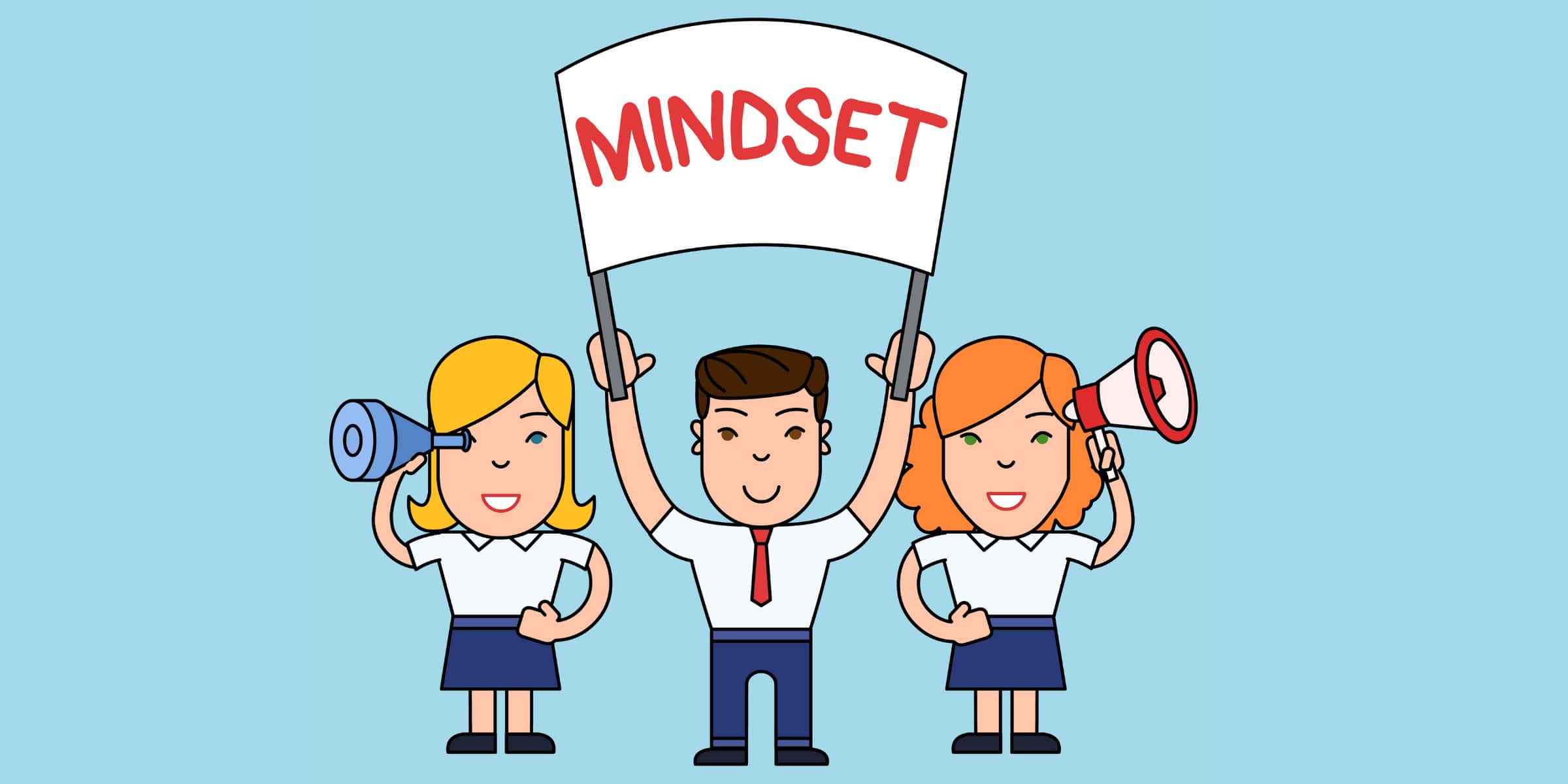Change is inevitable in today’s business world. To stay competitive, organizations must be able to adapt quickly when shifts occur. While implementing new tools and processes is important, success really hinges on having a change-ready mindset across the company.
Here are 5 key strategies for cultivating an agile, change-positive mindset in your organization:
1. Communicate the Why: Clearly explain the reasons driving the change so people understand the necessity and benefits. When they see the purpose behind it, they’ll be more motivated to get on board.
2. Involve Employees Early On: Get input from staff during the planning process. This gives them a sense of ownership rather than just being passive implementers.
3. Encourage Openness: Create an environment where people feel safe to ask questions, raise concerns and make suggestions about the change. Don’t squelch honest conversations.
4. Provide Training and Support: Make sure employees have the skills and resources required to make the change successful. Training minimizes anxiety and empowers people.
5. Recognize Efforts: Acknowledge individuals who demonstrate flexibility, cooperation and initiative during the transition. Positive reinforcement goes a long way.
Adopting these strategies will help shift mindsets from fear and resistance to optimism and collaboration. With an engaged, change-ready culture, your organization will be able to navigate uncertainties and thrive in times of change.
How Can Meditation Aid in Cultivating a Change-Ready Mindset?
Meditation and mediation differences are subtle but important. When it comes to cultivating a change-ready mindset, meditation can be incredibly beneficial. By practicing mindfulness through meditation, individuals can train their minds to be more open, adaptable, and resilient in the face of change. This can lead to a more positive and proactive approach to navigating life’s uncertainties.
Importance of a Change-Ready Mindset
A change-ready mindset is essential for businesses to navigate successful transformations and adapt to new challenges. Let’s explore the importance and benefits of cultivating a change-ready mindset in the context of business change.
In the rapidly evolving world of business, change is inevitable. Companies must continuously adapt to stay relevant and competitive. However, many businesses struggle with effectively managing and navigating through these changes. The key to success lies in developing a strong business change mindset.
But why is this mindset so important?
- Embracing Change: A change-ready mindset enables businesses to embrace change as an opportunity rather than a threat. It fosters a culture of openness, flexibility, and adaptability, allowing organizations to proactively respond to market shifts, technological advancements, and competitive pressures.
- Agility and Resilience: When businesses cultivate a change-ready mindset, they become more agile and resilient. Employees become comfortable with change, allowing them to quickly adjust strategies, processes, and operations to stay ahead of the curve. This ability to adapt ensures business continuity and positions companies for long-term success.
- Driving Innovation: A change-ready mindset encourages innovation and creativity within an organization. It encourages employees to think outside the box, challenge conventional practices, and seek new ways of doing things. This mindset fosters a culture of continuous improvement, leading to the development of innovative products, services, and processes.
A business change mindset is a crucial asset that enables individuals and organizations to embrace and leverage change rather than fear or resist it. It involves adopting a proactive and strategic approach to understanding and implementing change initiatives. A business change mindset empowers leaders, employees, and stakeholders to embrace new ideas, challenge the status quo, and drive transformational growth.
The significance of a business change mindset becomes apparent in the face of challenges and uncertainties that come with change. Many businesses struggle with resistance to change, lack of communication, and inadequate planning, which can lead to disruptions, decreased performance, and missed opportunities. By cultivating a business change mindset, companies can overcome these obstacles and emerge stronger and more resilient.
Other advantages include:
- Competitive Advantage: Businesses with a change-ready mindset gain a competitive edge in the market. They are better equipped to anticipate and capitalize on emerging trends, customer preferences, and industry disruptions. This proactive mindset allows companies to stay ahead of competitors and seize new business opportunities.
- Improved Employee Engagement: Cultivating a change-ready mindset among employees enhances their engagement and sense of ownership. It empowers individuals to contribute their ideas, opinions, and expertise to drive organizational change. This engagement boosts morale, increases productivity, and fosters a positive work culture.
- Enhanced Customer Focus: A change-ready mindset places emphasis on understanding and meeting customer needs. Businesses that prioritize change are more responsive to customer demands, preferences, and feedback. By continually evolving their products and services based on customer insights, organizations can strengthen customer relationships and loyalty.
Developing a business change mindset involves several key components. Firstly, it requires embracing a growth mindset—an attitude that views challenges as opportunities for learning and improvement rather than as obstacles. It involves encouraging a culture of continuous learning, innovation, and adaptability throughout the organization.
Secondly, a business change mindset involves effective change management practices. This includes developing robust change management strategies, clearly communicating the reasons behind the change, involving employees in the decision-making process, and providing adequate support and resources to facilitate the transition.
Furthermore, a business change mindset requires leaders and managers to possess strong communication skills. Effective communication is essential to foster understanding, collaboration, and buy-in from all stakeholders involved in the change process. It helps align everyone’s efforts towards a common vision and ensures that everyone is on board with the changes.
Finally, a business change mindset requires a focus on building resilience and agility within the organization. This involves being prepared for unforeseen obstacles and challenges, being open to adjusting plans as needed, and having the ability to quickly adapt to changing circumstances.
In conclusion, a business change mindset is a critical factor in successfully navigating change in today’s fast-paced business environment.
By cultivating a growth mindset, implementing effective change management practices, improving communication, and nurturing resilience, businesses can embrace change as an opportunity for growth and thrive in the face of uncertainty.
Building a strong business change mindset is not only essential for survival but also for unlocking new possibilities and achieving long-term success.



